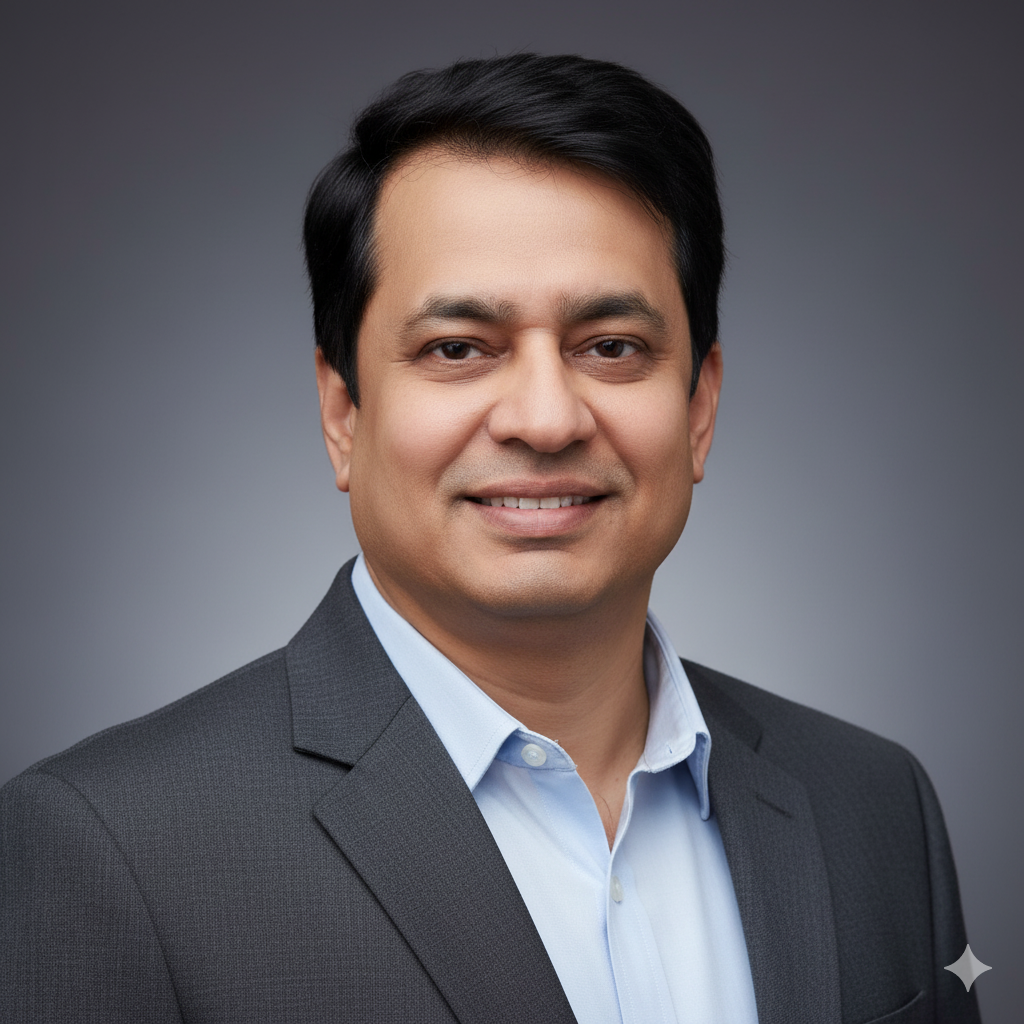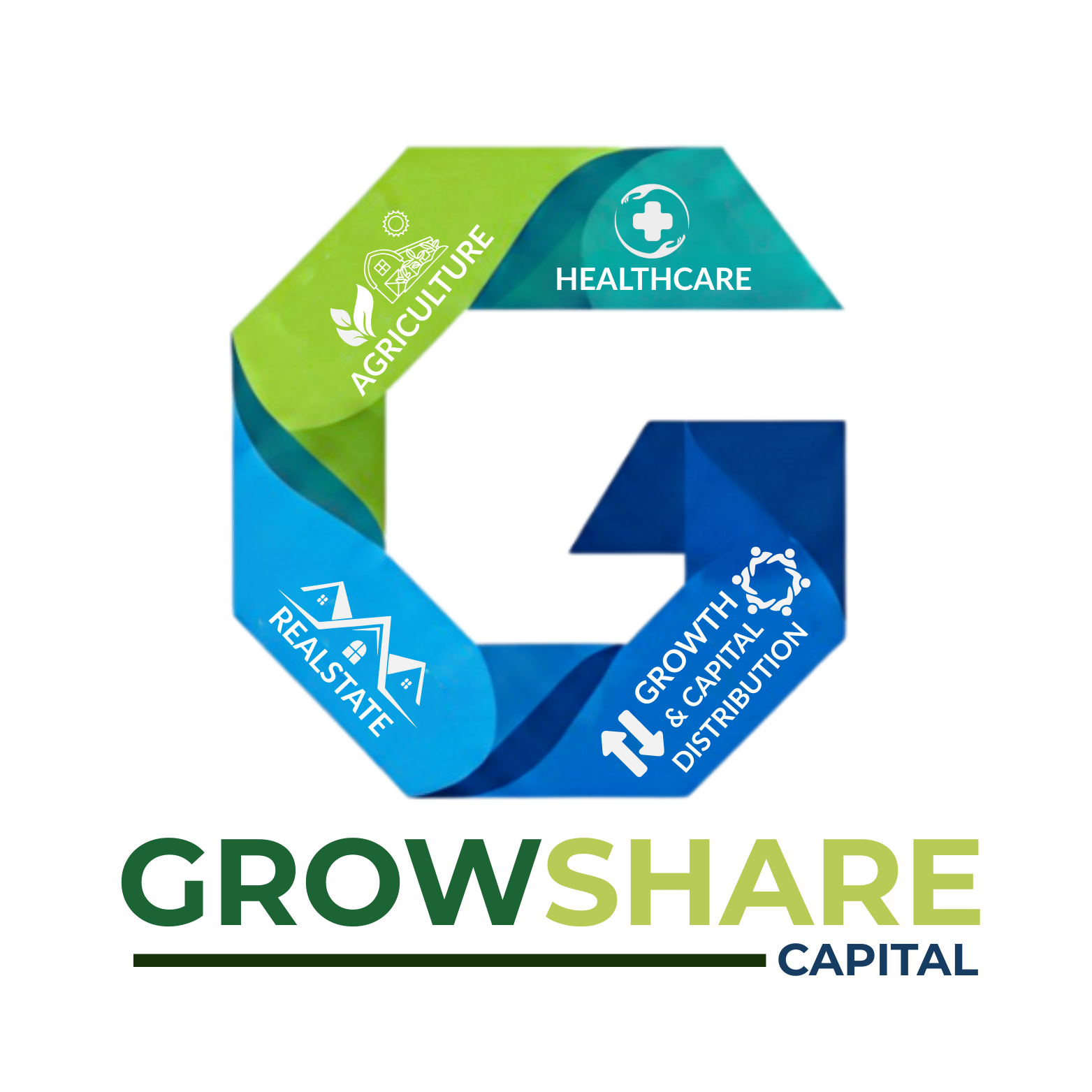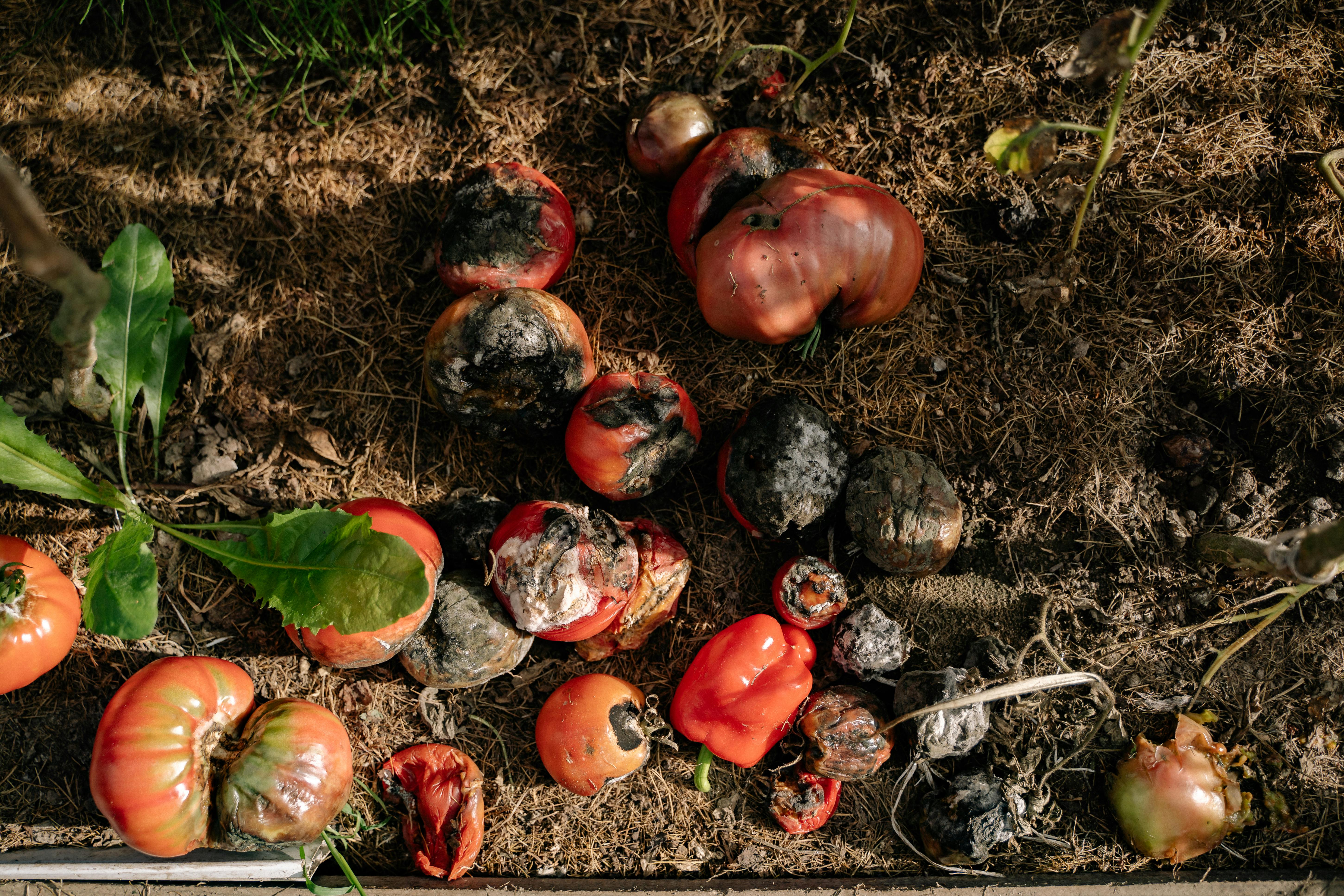By MD Abul Mansur, Luna
We stand at a frustrating paradox. Globally, 931 million tonnes of food are wasted annually, while approximately 828 million people face hunger. Traditional supply chains, with inefficiencies from production to consumption, lead to overproduction and massive environmental damage, contributing to nearly 8-10% of all global greenhouse gas emissions. This paper introduces the Integrated Food Safety and Waste Reduction Framework (IFSWRE), a transformative social business model designed to solve this paradox of surplus and scarcity by merging advanced technology with community-driven initiatives.
The Core Innovation: The Zero-Inventory Model
At the heart of IFSWRE is its revolutionary zero-inventory framework, where products are sourced directly based on real-time community demand.
- Demand First: It aggregates orders from households and local businesses before sourcing any products.
- Source to Order: With precise demand data, the platform sources the exact amount of fresh food needed directly from suppliers and local small-to-medium enterprises (MSMEs).
- Direct Distribution: Groceries are delivered directly from suppliers to consumers, eliminating the need for large storage facilities and their associated overhead costs.
This "demand-driven" approach minimizes overproduction and the risks of overstocking, which are key causes of food waste in traditional retail. For consumers, it ensures access to fresh and affordable groceries. For partners, it represents an efficient, low-overhead supply chain.
The Tech Backbone: AI and Blockchain for Trust and Efficiency
IFSWRE's model is powered by a sophisticated technology stack that ensures transparency and optimizes every step of the process.
- AI-Driven Demand Forecasting: The platform uses Artificial Intelligence to predict consumer demand with precision. This ensures sourcing is aligned with real-time consumer needs, which minimizes surplus and reduces waste.
- Blockchain for Total Transparency: To build consumer trust, IFSWRE employs blockchain technology to track food items from suppliers to consumers. This creates an immutable record of a product's journey, offering complete visibility and verifying its origin, handling, and halal certification. This is a critical feature for building trust within Muslim communities.
More Than a Business: A Social Impact Engine
IFSWRE is a transformative social enterprise designed to address systemic inefficiencies in food production and distribution. The model is designed to create a circular economy that strengthens communities from within.
- Empowering Local Economies: The framework actively partners with local MSMEs, integrating them into its supply chain and providing them with opportunities for growth.
- Community-Powered Redistribution: The platform collaborates with religious organizations such as mosques, churches, synagogues, and temples to redistribute surplus food nearing expiration. These organizations act as trusted hubs, ensuring food reaches underserved and vulnerable populations.
- Creating Youth Employment: The model creates employment opportunities for youth in areas like logistics, delivery, and quality assurance, providing financial independence and fostering career development.
A Call to Action
The IFSWRE model is a highly scalable and adaptable blueprint for sustainable food systems worldwide. Its potential for expansion is demonstrated through strategic partnerships with organizations like Khalui Farm LLC, an innovative agricultural enterprise based in Memphis, Tennessee. By aligning with UN Sustainable Development Goals (SDGs), particularly SDG 2 (Zero Hunger) and SDG 12 (Responsible Consumption and Production), IFSWRE presents a compelling case for public-private partnerships.
The journey to food security and sustainability requires the collective efforts of governments, businesses, NGOs, and individuals. Innovative solutions like IFSWRE demonstrate that we have the tools and models to build a better system. By supporting such frameworks, stakeholders can contribute to a global food system that is resilient, equitable, and secure for generations to come.
About the Author

MD Abul Mansur
Director & Chief Strategy Officer
MD Abul Mansur is much more than a fintech entrepreneur—he’s a strategic innovator shaping digital finance architectures, regulatory advancement, and inclusive financial systems worldwide. Mansur is an early advocate for CBDC (Central Bank Digital Currency), initiating concepts of “currency virtualization” to align digital money under central bank authority rather than commercial issuers—emphasizing security, regulatory compliance, and transparency.

